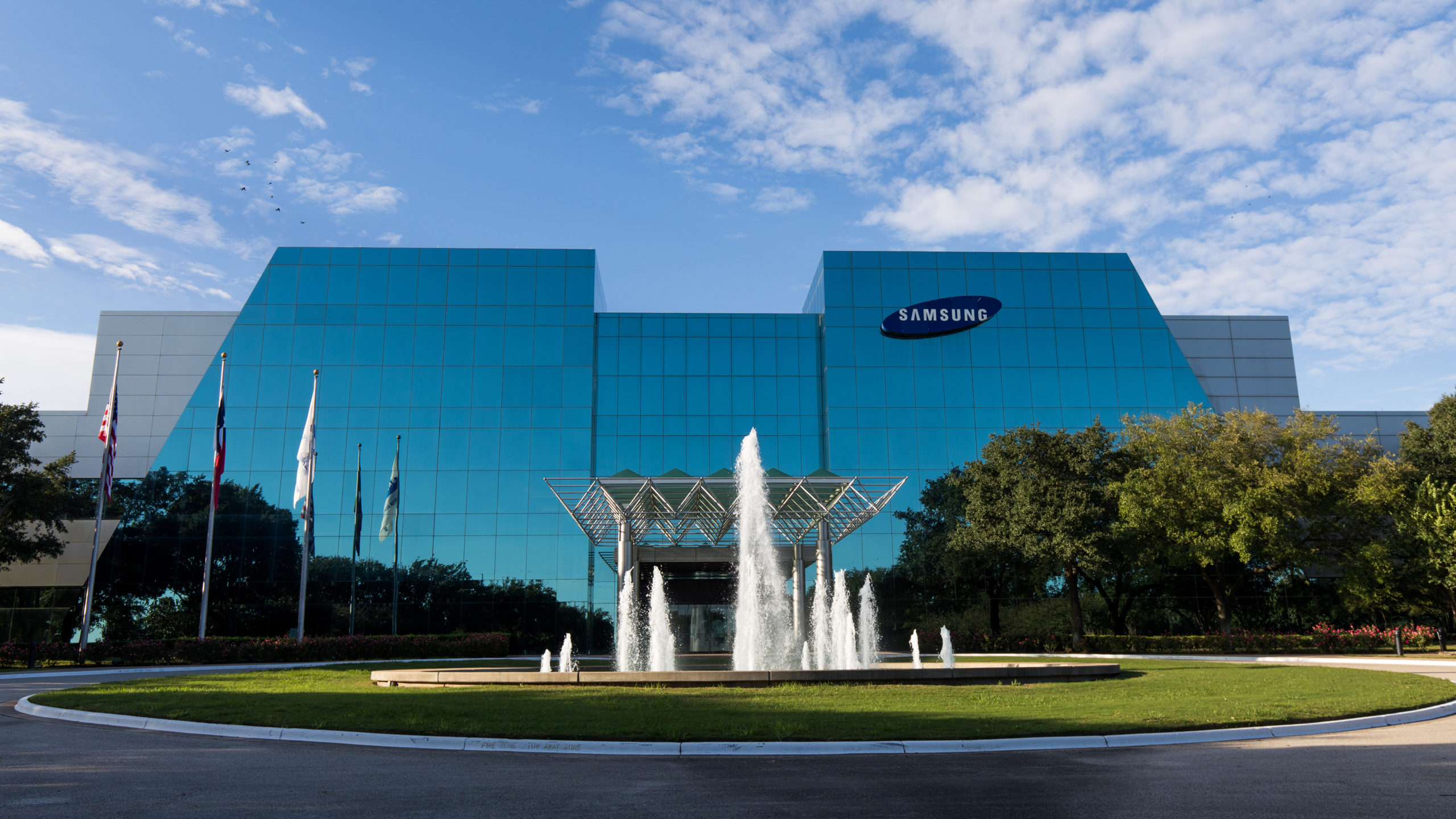The brief suspension of Samsung Foundry’s S2 fab because of freezing weather will impact about 1% to 2% of the global 300mm foundry capacity and therefore should not have a noticeable impact on the supply chain, though TrendForce notes that some price hikes are possible.
The unprecedentedly cold winter has already caused energy commodities prices to rise, but in many locations, power grids were not ready for freezing temperatures. Desperate times call for desperate measures, so in Austin, Texas, a local energy company asked multiple industrial customers to temporarily shut down their facilities on February 16 in a bid to ensure the utility could supply enough energy to homes. Samsung Foundry, Infineon Technologies, and NXP Semiconductors (which runs two fabs in Austin) were among the Austin Energy customers who had to temporarily shut down their semiconductor production plants.
Samsung Austin Semiconductor’s fab S2 in Austin, Texas, makes advanced chips using the company’s 14LPP and 11LPP technologies on one production line as well as chips using mature (28nm – 65nm) nodes on other production lines. The fab is responsible for about 5% of the global 300-mm wafer output per month, according to TrendForce. Therefore, if the fab remains offline for about a week, this will impact about 1% to 2% of the global 300-mm foundry capacity. Meanwhile, it is unclear when Line 2 will return to normal operation.
Samsung’s fab in Austin, Texas produces automotive chips for Tesla and Renesas, telecommunication chips for Qualcomm, and various products for the company’s own Samsung LSI division. In addition, the facility also makes various SSD controllers using 14 nm – 40 nm nodes.
Controlled suspension of a semiconductor fab typically does not lead to production losses, but it increases lead times for chips and causes a domino effect for other products, in this case cars, smartphones, and SSDs.
TrendForce believes that the impact of the Line S2 blackout on the industry will be relatively limited, but it may still cause some price hikes. Meanwhile, since Infineon and NXP also had to temporarily suspend the production of chips, the actual effect of the suspension on adjacent industries may be more significant.
